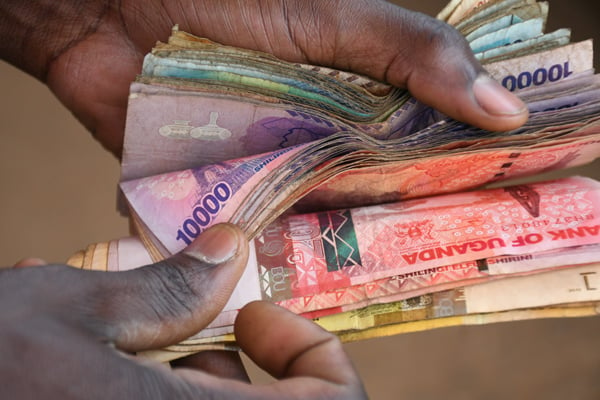Prime
Elections come and go but poverty stays, so get to work

Patricia Munabi Babiiha
What you need to know:
- That election, to some was a blessing in disguise as it offered Ugandans a chance to reshuffle public leaders and bring in those that are suited to handle the rigours of a world and country still reeling from the debilitating effects of the pandemic.
The year 2020 brought with it the Covid-19 pandemic that had apocalyptic effects on life, as the world literally ground to an unprecedented standstill. Not even the two World Wars forced the world to ground to a halt like Covid-19 has done.
In Uganda, as we were taking baby steps to recover from the effects of the Covid-19 pandemic, we held an election on January 14. That election, to some was a blessing in disguise as it offered Ugandans a chance to reshuffle public leaders and bring in those that are suited to handle the rigours of a world and country still reeling from the debilitating effects of the pandemic.
Globally, one of the problems that has been exacerbated by the Covid-19 pandemic is poverty. Suffice to note that women are grossly more affected by poverty than men and, therefore, as the pandemic crippled the country, women have taken a more severe battering.
Sustainable Development Goal (SDG) 1, which aims at ending poverty in all its forms everywhere, will remain a pipe dream unless women’s economic empowerment is achieved.
Though the targets for achieving SDG 1 are no mean task, they are nonetheless achievable if, as a country, we get our priorities correct.
Now that we have new office bearers and others with renewed mandate, it is time to strike the iron when it is still hot, by imploring them to focus their efforts on addressing the issue of poverty.
To achieve SDG 1, the target is that by 2030, extreme poverty for all people everywhere - currently measured as people living on less than $1.25 a day, should be eradicated and by the same year, the proportion of men, women and children of all ages living in poverty in all its dimensions, according to national definitions, should be reduced by half.
As a country, it is clear that we are not moving in the right direction of achieving the target of ending poverty in all its forms by 2030. This should concern our newly elected leaders.
Let me focus on the plight of women in light of the poverty situation. Women in Uganda generally occupy a disadvantaged position economically when compared to men and this is brought about by various factors ranging from lack of access to credit, women engaged in unpaid work and no financial inclusion for women.
Access to credit continues to be difficult for women with 70 per cent indicating lack of collateral required by financial institutions to access credit. Financial services are critical elements to productivity and key in the gender equality agenda.
The Financial Inclusion Insights Survey (2017) established that 61 per cent of women as compared to 52 per cent of men did not have money to make any transaction with a bank.
A study by the World Bank (2015) estimated that closing Uganda’s gender gap in agricultural productivity could potentially increase agriculture GDP by $58m and overall GDP by $67m annually. The World Development Indicators (WDI) put Uganda’s GDP for 2017 at $25.9b and GDP per capita at $ 666.7b for the same year.
Though the government has introduced commendable initiatives like the Certificate of Gender and Equity for all programmes and projects to be implemented by all ministries, departments and agencies aimed at ensuring the redress of gender gaps in the different sectors and programmes like the Uganda Women Entrepreneurship Programme, there is still more work to be done.
A number of women are engaged in unpaid domestic work. Findings from the gender assessment by Uganda Women’s Network (UWONET) (2018) indicate that 43 per cent of women in Uganda as opposed to 20 per cent of the men, are engaged in unpaid domestic work.
Women spend 7.5 hours /day on unpaid work, compared with 2 hours per day spent by the men. If women are to rise up the ladder of socio-economic development, this has to stop.
Ms Patricia Munabi Babiiha is a lawyer and executive director, Forum for Women in Democracy.




